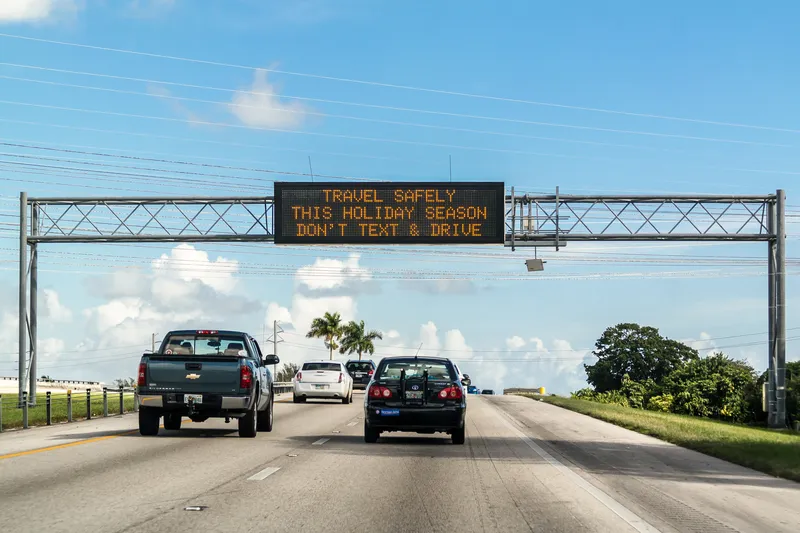Telstra, in partnership with Cohda Wireless, has successfully trialled vehicle-to-infrastructure (V2I) technology over Telstra’s 4G network in South Australia, an important first step in developing vehicle-to-everything (V2X) technology, which includes vehicles communicating with infrastructure, other vehicles, and vulnerable road users such as cyclists and pedestrians.
Telstra believes its 4G and future 5G networks can play a vital role in supporting the faster rollout of intelligent transport systems
October 5, 2016
Read time: 2 mins
Telstra, in partnership with 6667 Cohda Wireless, has successfully trialled vehicle-to-infrastructure (V2I) technology over Telstra’s 4G network in South Australia, an important first step in developing vehicle-to-everything (V2X) technology, which includes vehicles communicating with infrastructure, other vehicles, and vulnerable road users such as cyclists and pedestrians.
Telstra believes its 4G and future 5G networks can play a vital role in supporting the faster rollout of intelligent transport systems and V2X applications, making implementation of the technology cheaper and more efficient.
Telstra’s director of Technology Andrew Scott said that the successful V2I trial marked the first phase of Telstra’s plan to show how V2X technology can be supported via Telstra’s 4G network.
Telstra, Cohda Wireless and the South Australia Department of Planning, Transport and Infrastructure are all partners of the Australian Driverless Vehicle Initiative (ADVI), a partnership of government, industry and academic partners working collaboratively to research, investigate and help inform the development of robust national policy, legislation, regulation and operational procedures and processes to bring driverless vehicles safely and successfully to Australian roads.
Telstra and Cohda Wireless intend to trial vehicle-to-vehicle and vehicle-to-vulnerable technologies in South Australia within the coming months.
Telstra believes its 4G and future 5G networks can play a vital role in supporting the faster rollout of intelligent transport systems and V2X applications, making implementation of the technology cheaper and more efficient.
Telstra’s director of Technology Andrew Scott said that the successful V2I trial marked the first phase of Telstra’s plan to show how V2X technology can be supported via Telstra’s 4G network.
Telstra, Cohda Wireless and the South Australia Department of Planning, Transport and Infrastructure are all partners of the Australian Driverless Vehicle Initiative (ADVI), a partnership of government, industry and academic partners working collaboratively to research, investigate and help inform the development of robust national policy, legislation, regulation and operational procedures and processes to bring driverless vehicles safely and successfully to Australian roads.
Telstra and Cohda Wireless intend to trial vehicle-to-vehicle and vehicle-to-vulnerable technologies in South Australia within the coming months.









